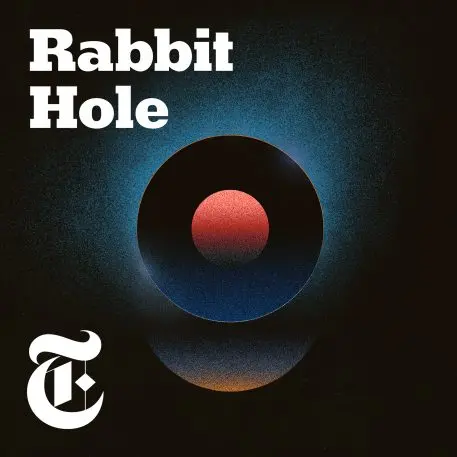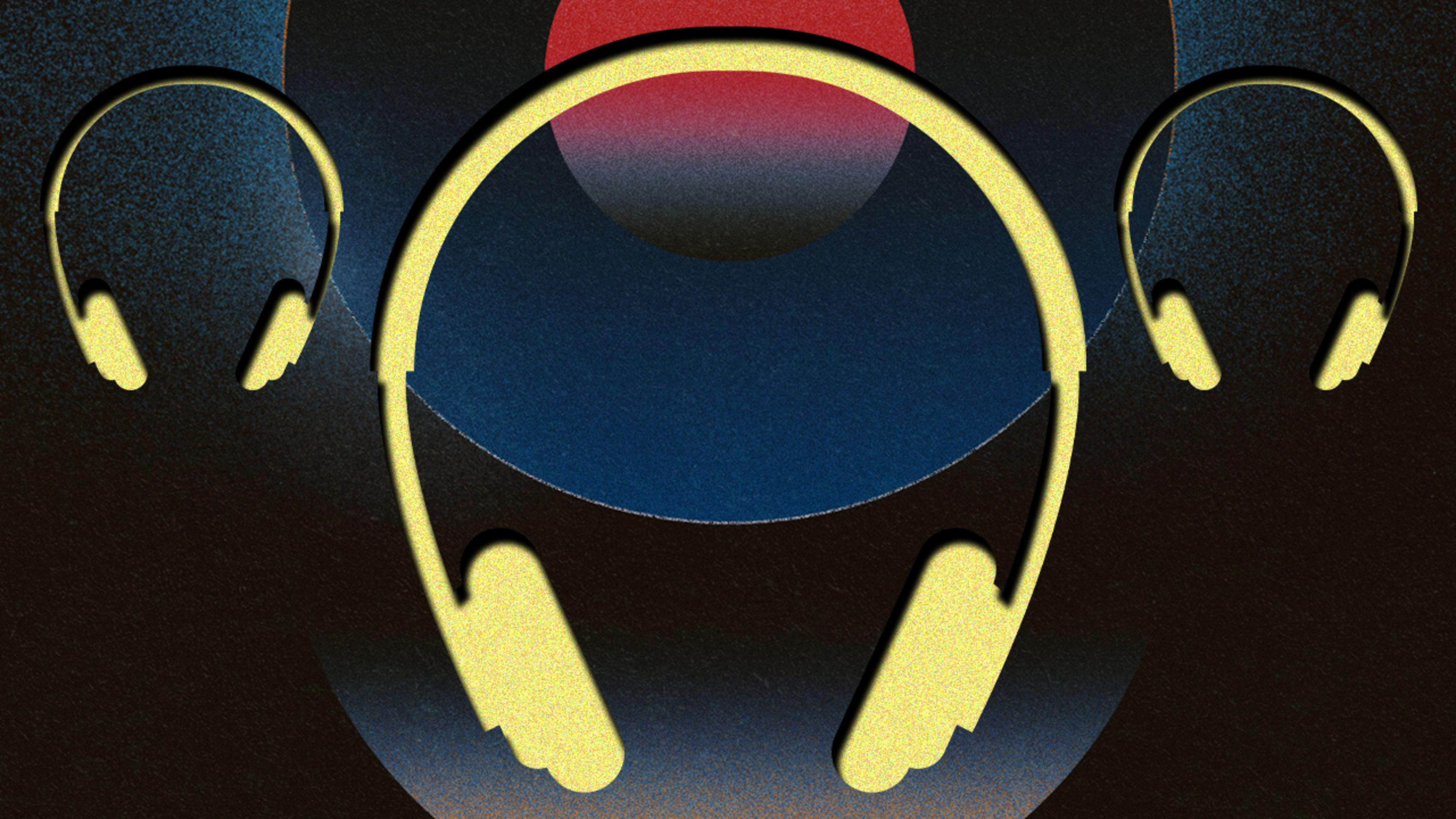Last year, New York Times reporter and columnist Kevin Roose wrote an engrossing, investigative story about the artificial intelligence behind YouTube’s recommendation algorithm. “The Making of a YouTube Radical” was anchored in the experience of 26-year-old Caleb Cain, a college dropout who was turned on to far-right conspiracy theories on the platform. The broader story was a look at how YouTube was shaping the views and actions of many young men like Cain by specifically aiming to keep users engaged for as long as possible.
Roose called the result of this design YouTube’s “rabbit hole effect.”
Now, the Times and Roose are using that story as the jumping-off point for a brand-new, six-part podcast called Rabbit Hole, examining how the internet is changing us.
“I’ve spent the last couple of years reporting on stories that sort of circle around this central question of what the internet is doing to us,” says Roose. “It used to behave like a library or virtual town square. [That] was the metaphor for a long time, and it seemed like that wasn’t adequately describing how the internet worked in people’s lives.”
No longer was it just a neutral place where people went to learn things and talk to each other. Instead it exerted force on us in different ways—recommending things, pulling us in certain directions, introducing us to new ideas, and it was all being shaped by the incentives of the companies behind the dominant platforms.
“It always felt like every time I wrote about some new online phenomenon, I was describing one part of an elephant,” says Roose. “So it felt like there was this huge, looming question in my mind. If I were to try to explain the entire internet, how it works, how it pushes and pulls people, could we actually do that in audio format? And could that draw together these threads I’d been tugging on for the last few years? So we just decided to try.”

Rabbit Hole was originally scheduled to launch at the end of the month or into May, but executive producer of audio Lisa Tobin says that the pandemic—and how we’re all living now—forced them to think about getting it out sooner. “One question was, is Rabbit Hole tonally off for this moment? It doesn’t quite address what’s going on, it’s not the news of the moment, and it’s not going to make you feel better, so is now the right moment for it?” says Tobin. “Kevin Roose has been working for years covering how we live online and the impact of the internet, and suddenly it felt more relevant than ever since everyone was locked to their computers. Now even more of life is lived online if you’re working, if you’re trying to connect with anyone. So the question of how the internet is affecting us actually felt more urgent.”
Roose hopes that listeners come away from the podcast being more aware of their surroundings online. “These platforms, apps, and places we spend time online are not neutral, and they’re not inert. They have goals. They’re engineered to produce outcomes. They want things from us,” he says. “That’s a very different way of looking at the internet. It’s not the information superhighway. This was built to do something to you. Sometimes that’s good, positive, and social, and sometimes it’s bad, negative, and anti-social. I do think sometimes we think we’re standing on solid ground, but we’re really on a moving sidewalk.”
In the midst of a pandemic, Roose says that we’re actually seeing more positivity on the internet, with more of us seeing and experiencing what’s possible when it’s at its very best. Obviously it’s not all Zoom happy hours and memes. The bad and terrible of it all is still on there, but this sudden influx of people living the bulk of their lives online, if anything, illustrates how we can influence and force it to be better than it is.
Overall, the message of Rabbit Hole isn’t that the internet is irredeemably bad, or that you should be scared every time you log on. “It’s just that it’s malleable, and it’s a thing that can be different than it is,” says Roose. “It didn’t have to be this way, and it doesn’t have to be this way in the future. We have choices, and we can shape this thing. In fact, it’s imperative we do shape this thing, because it’s going to shape us if we don’t.”
The first episode of Rabbit Hole will be available on Thursday afternoon.
Recognize your company's culture of innovation by applying to this year's Best Workplaces for Innovators Awards before the extended deadline, April 12.
